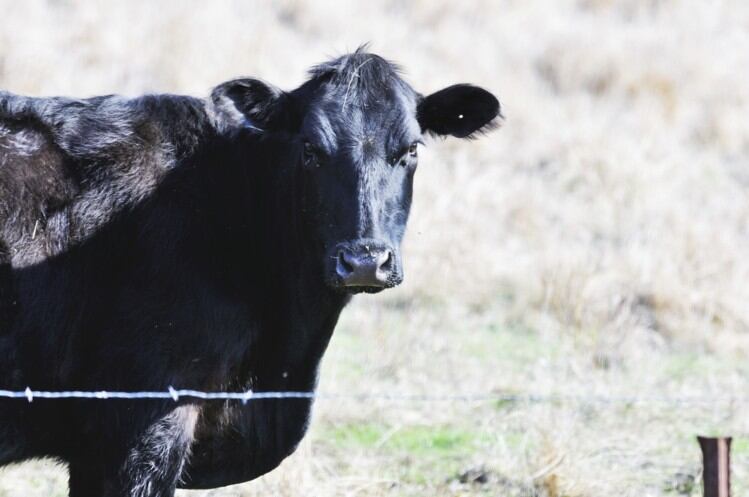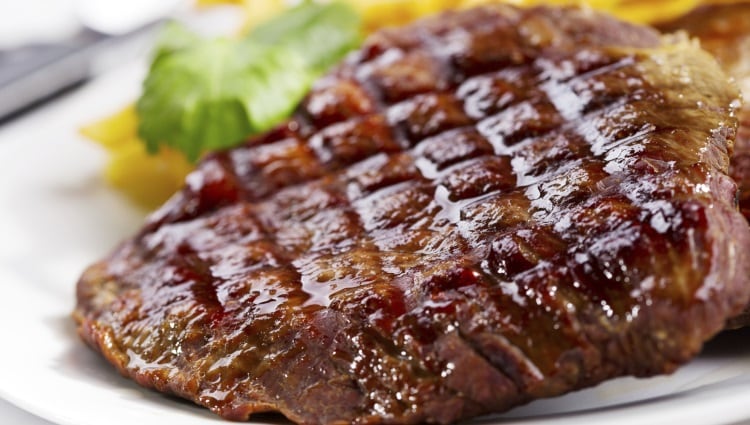Teltsova explained that the online store was a pilot project and “it eventually has not proved to be worthwhile”. Teltsova added that Miratorg planned to focus on offline retail.
The online store was serving customers in Moscow, limited to the city’s ring road. The project was launched in early 2018, offering the full product range available in Miratorg’s stores, with the price for delivery ranging between RUB299 ($4.50) and RUB500 ($7.60) and free delivery for any single order spend above RUB3,000 ($46).
In February 2018, Miratorg reported that it was harbouring plans to open online stores serving other Russian regions.
Miratorg currently runs a brick-and-mortar retail chain with 45 supermarkets and 14 small meat stores. In 2012, Miratorg president Viktor Linnik said the company planned to open 500 stores across Russia in the next three years. As of early 2014, there were 86 outlets in Miratorg’s retail chain, but the Russian meat giant was forced to close 40% of its stores, as they weren’t generating the profitability the company was expecting.
A matter of future
There are several hundred websites registered in Russia to sell meat online, but the segment hasn’t shown much promise.
Cherkizovo has not been developing online meat sales, Anastasia Mikhailova, head of the public relationships department of Cherkizovo told GlobalMeatNews. So far, logistics in Russia are poorly developed, as are online shopping habits, especially for fresh products, Mikhailova explained.
Online sales do have some potential in the market, but this is a matter for the future, she added.
Only a few meat producers in Russia have opened online stores in the past few years. Kanevskoy Meat Processing Plant, a major meat producer in Russia’s southern federal district, launched an online project in February 2018.
The key advantage of an online store is the ability to deliver products directly to the customer bypassing any intermediaries, Eugene Ivanov, general director of Kanevskoy, said in a statement. In addition, an online store can work as an advertisement, offering a full range of products to customers, who can choose a selection and place an order by phone or in an offline store, he added.
Banned meat
“There was a boom for online meat stores in Russia a few years ago, as these stores were offering Italian ham, German sausages and other meat products from the European Union that were subject to the 2014 food embargo,” commented a source in the Russian meat industry, who wished not to be named.
“These products were smuggled into Russia, but it was dangerous to sell them via supermarkets for obvious reasons, so part of this sector moved to the internet. This was simply safer for the sellers. Most stores offering such products have already closed, but some are continuing to operate,” the source added.
In 2015, Russia’s Federal Customs Service issued a statement, claiming that “selling products that fell under food embargo through various internet platforms is prohibited”. Over the past few years, several Russian government agencies declared their intention to take down the illegal trade of banned meat, primarily from the European Union, via the internet.




